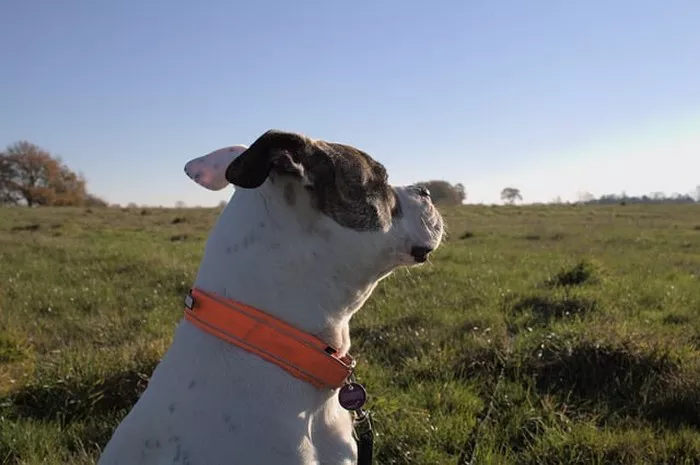A new scientific study published in Scientific Reports has shed light on why so many dog owners treat their furry companions like both best friends and beloved children. The research, conducted by a team at Eötvös Loránd University in Hungary, reveals that dogs occupy a unique and emotionally significant position in the human social sphere—somewhere between a friend and a child.
Surveying over 700 dog owners, the study explored how people perceive their relationships with dogs compared to those with friends, romantic partners, family members, and children. The results highlighted that owner-dog bonds blend the nurturing, caregiving nature of parent-child relationships with the trust, joy, and low conflict typically found in close friendships.
“Owner-dog relationships exhibit characteristics of both parent-child and best-friend relationships,” the researchers explained. “They combine the positive aspects of a parent-child relationship with the minimal negative interactions of close friendships.”
Dogs: Companions With Little Drama
One of the standout findings is how emotionally fulfilling people find their relationships with dogs. Participants consistently rated their dogs as exceptional companions—more so than most human relationships, with the notable exception of their own children. Dogs scored especially high for offering affection, being a source of comfort, and requiring relatively little emotional labor in return.
Interestingly, this affection toward dogs isn’t rooted in a lack of human connection. Co-author Dorothea Uyfalusi noted that “people don’t seem to use dogs to compensate for insufficient support in their human relationships.” Instead, the study found that individuals who maintain strong social bonds with people also tend to form equally strong bonds with their dogs, suggesting that dogs enhance already healthy social lives.
The Power Dynamic at Play
A key distinction between dog-human and human-human relationships is the inherent imbalance of power. Unlike friendships or familial relationships, where equality is usually the norm, dog ownership involves a degree of control and responsibility that some researchers believe may increase owners’ sense of satisfaction.
“The asymmetry of power, the control over a living being, is a major aspect of dog ownership for many,” said senior author Enikő Kubinyi, head of the Department of Ethology at ELTE.
This asymmetry may help explain why the dog-human bond is so emotionally rewarding—owners not only feel loved, but also purposeful and in charge.
Dogs as Child Substitutes?
The study also found that dog owners without children rated their relationship with their dogs as even more affectionate and companionable than those who have children, implying that dogs may partially fulfill the nurturing role of a child.
So if you’re someone who refers to your pup as your “fur baby,” science now has your back. Dogs, it turns out, really do fill a social space that’s both comforting and unique—part best friend, part child, and entirely cherished.
Would you like a visual summary or infographic of this study’s key findings?

